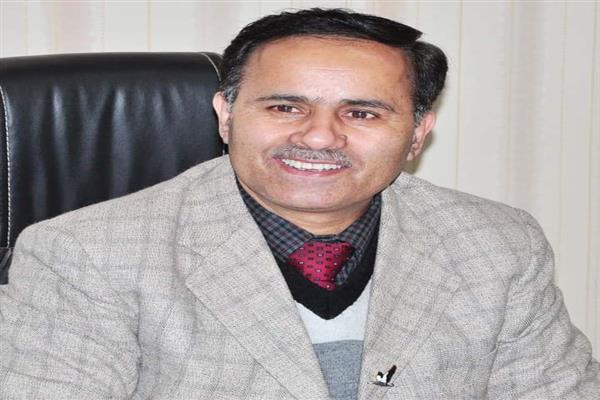DSEK Tightens School Monitoring Mechanism After Kashmir Convener’s Expose
New circular mandates frequent inspections, stricter oversight, and monthly progress reports
KC News Desk
Srinagar, March 25: Acting on a series of revelations regarding a Bandipora teacher who remained away from the classroom for 21 years, the Directorate of School Education Kashmir (DSEK) has issued a fresh circular mandating rigorous academic inspections across schools in the Kashmir Division.
Officials said the move aims to identify similar cases and prevent such lapses in the future besides aiming to monitor, streamline, and improve the standards of the Learning-Teaching Process and Administrative Functioning of the institutions/schools,
The development follows the Kashmir Convener’s investigative report, which uncovered how a government school teacher had managed to stay away from classroom duties for over two decades while engaged in non-teaching assignments.
The report also exposed lapses in the school monitoring system, revealing that the committees responsible for academic surveillance failed to detect or report his prolonged absence from his primary job of teaching.
Subsequently, DSEK initiated an inquiry, instructing the Joint Director (North) of the School Education Department (SED) to investigate not just the teacher’s prolonged absence but also the failure of controlling and monitoring committees.
These committees, including the Zonal Education Officers, Senior Principals, and Cluster Heads, are mandated to conduct regular inspections of schools. However, their failure to perform their duties enabled the teacher to remain outside the classroom for years.
To address these systemic failures, DSEK on Thursday issued a circular aimed at strengthening the monitoring mechanism.
“It has been felt that there is a need to reinvigorate academic inspections as well as field visits of schools/institutions by the officers of the department on a regular basis with strict monitorable and measurable outcomes,” reads the circular issued by DSEK.
As per the circular No. 52 DSEK of 2025, issued by Director School Education Kashmir GN Itoo, academic inspections will be intensified, and officials at various levels of the School Education Department are now required to conduct field visits regularly and submit Monthly Progress Reports (MPRs).
According to the circular Joint Directors of School Education shall conduct visits in different districts at least twice a week and submit consolidated reports with recommendations to the Director of School Education Kashmir.
Chief Education Officers (CEOs) and Deputy CEOs have been tasked to visit different schools at least twice a week, with a focus on far-flung areas, and submit their reports to their respective Joint Directors.
Complex/Cluster Heads have also been asked to conduct school visits along with the Academic Monitoring Committee at least twice a week and submit reports to their respective Joint Directors.
Moreover DSEK in the fresh circular has asked Zonal Education Officers (ZEOs) to visit schools at least twice a week, prioritizing remote areas, and submit reports to their respective CEOs.
According to the circular Official Meetings Shall Not Hinder Inspections and the officers have been instructed not to cancel their school visits due to departmental meetings. “Instead, they are advised to attend meetings online, unless directed otherwise by the Director of School Education Kashmir”.
Furthermore Joint Directors have been asked to compile all reports/recommendations of a month and submit the same for the perusal of the Director School Education Kashmir before every 7th of the month.
The circular also warns that any deviation from these instructions will be taken seriously, ensuring strict compliance to prevent future lapses in academic monitoring.
Meanwhile civil society members and concerned citizens have hailed the Director GN Itoo for acting tough against non performing teachers and intensifying monitoring mechanism hoping that it will further improve the accountability especially in schools of remote areas.
Locals said the students of remote areas especially in tribal areas are given step-motherly treatment as such schools are usually understaffed while schools in towns and cities are over staffed.

